Film Screening and Discussion in D.C.: "Do Not Pass Go" on Feb. 20th
The story of tiny Pinetops, North Carolina, and how large corporations blocked their ability to obtain high-quality Internet access from a nearby municipal network comes to life in Do Not Pass Go, a documentary by Cullen Hoback. On February 20th, you can attend a screening of the film and stay for the discussion after. The event will be in Washington, D.C., at the office of the National League of Cities/National Association of Counties from 5 - 7 p.m.
Register for the free screening and discussion.
Join the Coalition for Local Internet Choice (CLIC), Next Century Cities, the Institute for Local Self-Reliance (ILSR), and the National League of Cities (NLC), who will be guiding the discussion about the film and the policies that come into play. The group will discuss regulatory and legislative barriers, and actions that local and federal government can adopt to help communities that consider municipal networks an option.
After the screening, a panel discussion will include:
- Christopher Mitchell from ILSR
- Terry Huval: Former Director, Lafayette Utilities System, Lafayette, LA
- Joanne Hovis: Co-Founder and CEO, Coalition for Local Internet Choice; President, CTC Technology & Energy
- Dr. Christopher Ali: Assistant Professor, Department of Media Studies, University of Virginia; Faculty Fellow, Benton Foundation; Fellow, World Economic Forum
- Suzanne Coker Craig:Managing Director, CuriosiTees of Pinetops LLC; former Commissioner, Pinetops, NC
Following the panel discussion, the Networking Reception will allow participants to continue the conversation and share their individual experiences.
Register online for the free D.C. screening.
Pinetops, Wilson, and Greenlight


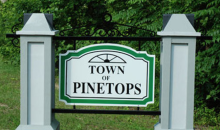
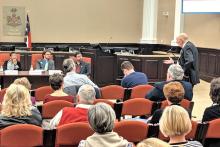
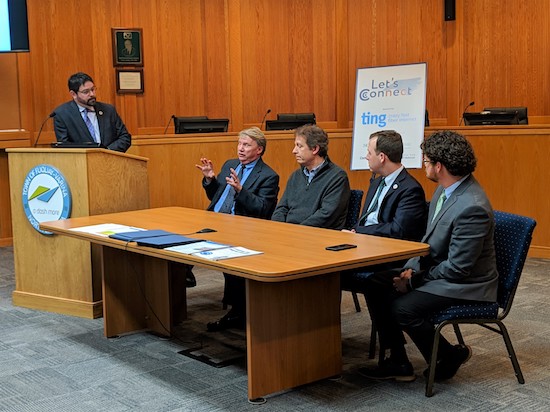
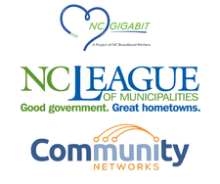

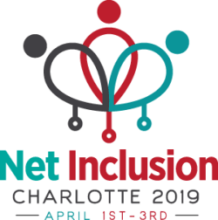
 Aycock described how Wilson’s
Aycock described how Wilson’s 
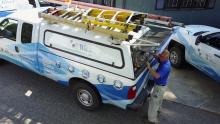

 In addition to Christopher, you'll see local officials, such as Council Member Martha Sue Hall from Albemarle, City Manager Adam Mitchell from Fuquay-Varina, and Jacksonville Mayor Pro Tem Michael Lazzara.
In addition to Christopher, you'll see local officials, such as Council Member Martha Sue Hall from Albemarle, City Manager Adam Mitchell from Fuquay-Varina, and Jacksonville Mayor Pro Tem Michael Lazzara.